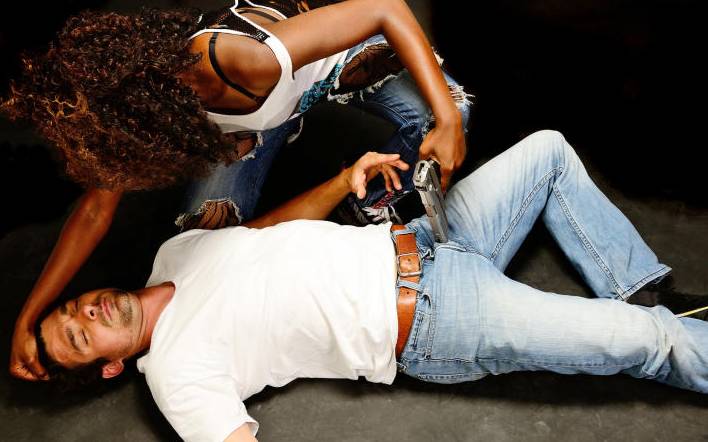×
The Standard e-Paper
Join Thousands Daily

A young beautiful african american female and a handsom young white italian male pose showing domestic violence in this dark photo shoot against black. [Photo: Courtesy]
Did you know that nearly half of men in Kenya have suffered the wrath of their women?